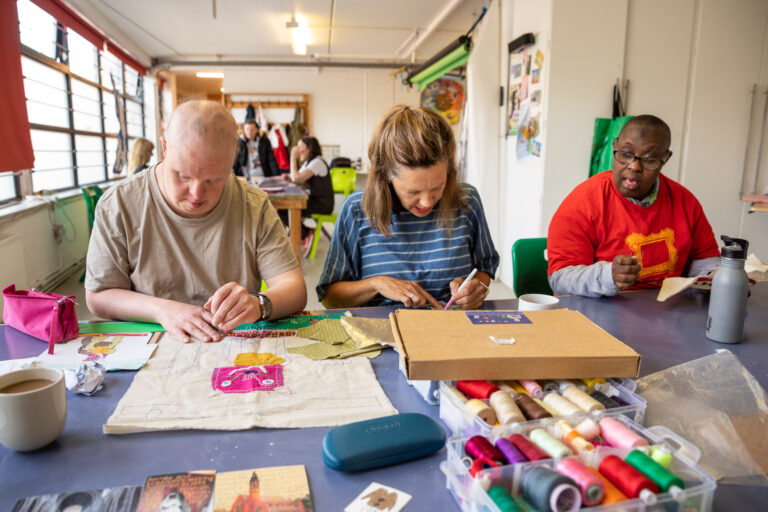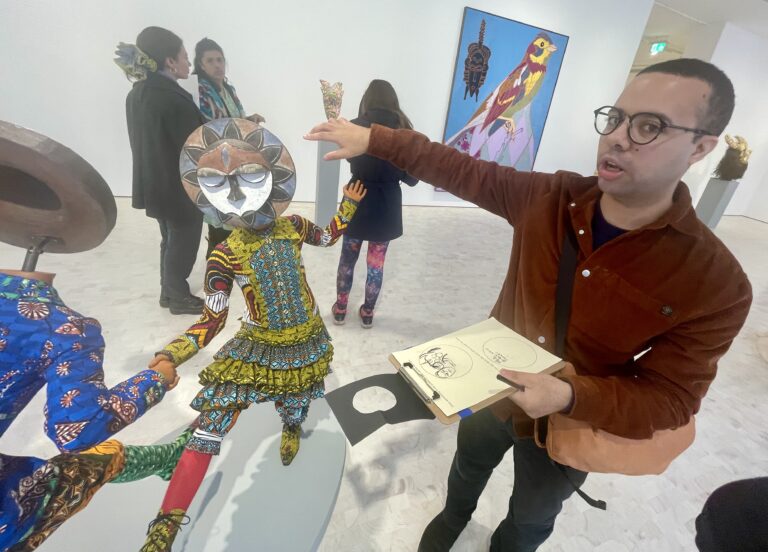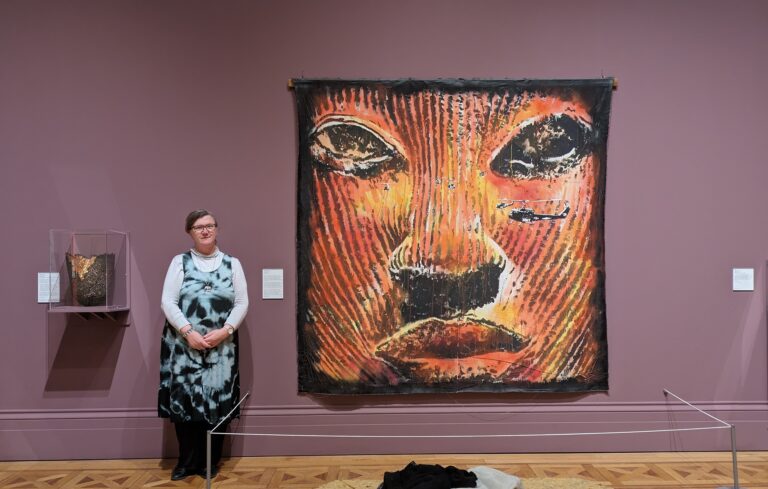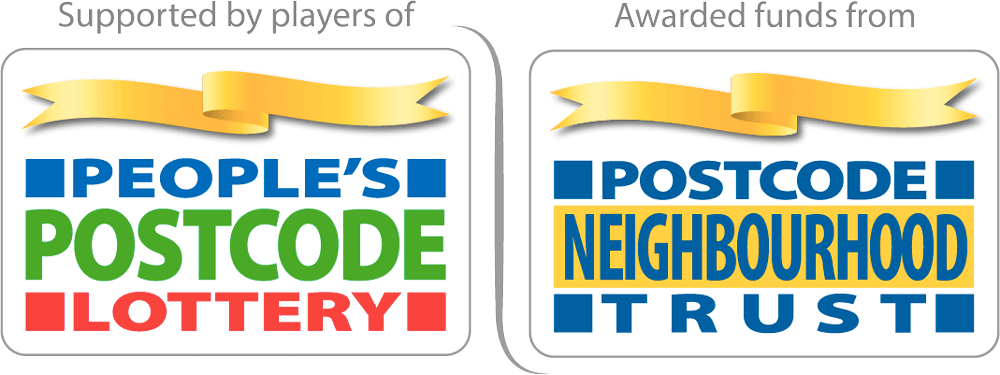5 October 2021
Dyspraxia Awareness Week takes place in October every year. It's a chance to let more people know about a condition that is thought to affect about 5% of the UK population.
Dyspraxia, also known as developmental co-ordination disorder (DCD), is a common disorder that affects movement and co-ordination. Dyspraxia does not affect your intelligence, but it can affect your co-ordination skills – such as tasks requiring balance, playing sports or learning to drive a car. Dyspraxia can also affect your fine motor skills, such as writing or using small objects. Our Public Engagement Assistant, Amber Okpa-Stother, is autistic and also has dyspraxia. In this blog she shares her experience of the condition and how she manages it.
"Having dyspraxia has meant that I seem very clumsy, I am always dropping things and hitting my hip off sides and tables. Being clumsy and dropping things often has meant that I am now great at catching though! I found learning to drive very challenging due to having difficulties with left and right, which also makes it hard when people give me directions. I find it effects my short-term memory and having a diary is essential for me."Abz, Workshop Assistant
"I struggle with finding places and getting my coordination wrong, like walking in a straight line and my left and rights. I can't read maps at all and my balance is bad, I drop my phone a lot. A good thing is that I can laugh at myself when I get the wrong bus and I find new hidden gems around Manchester when I get lost!"Despite people having dyspraxia I don’t think it stops them from doing things, like Jacenta and me learning to drive. Even if Abz gets lost around Manchester he is able to explore new places. I think that's really interesting, as exploring new places is great to do when you have the time, and you might discover somewhere you've never been before!". You can find out more about dyspraxia on the NHS website here. For support visit the Dyspraxia UK website here.
















